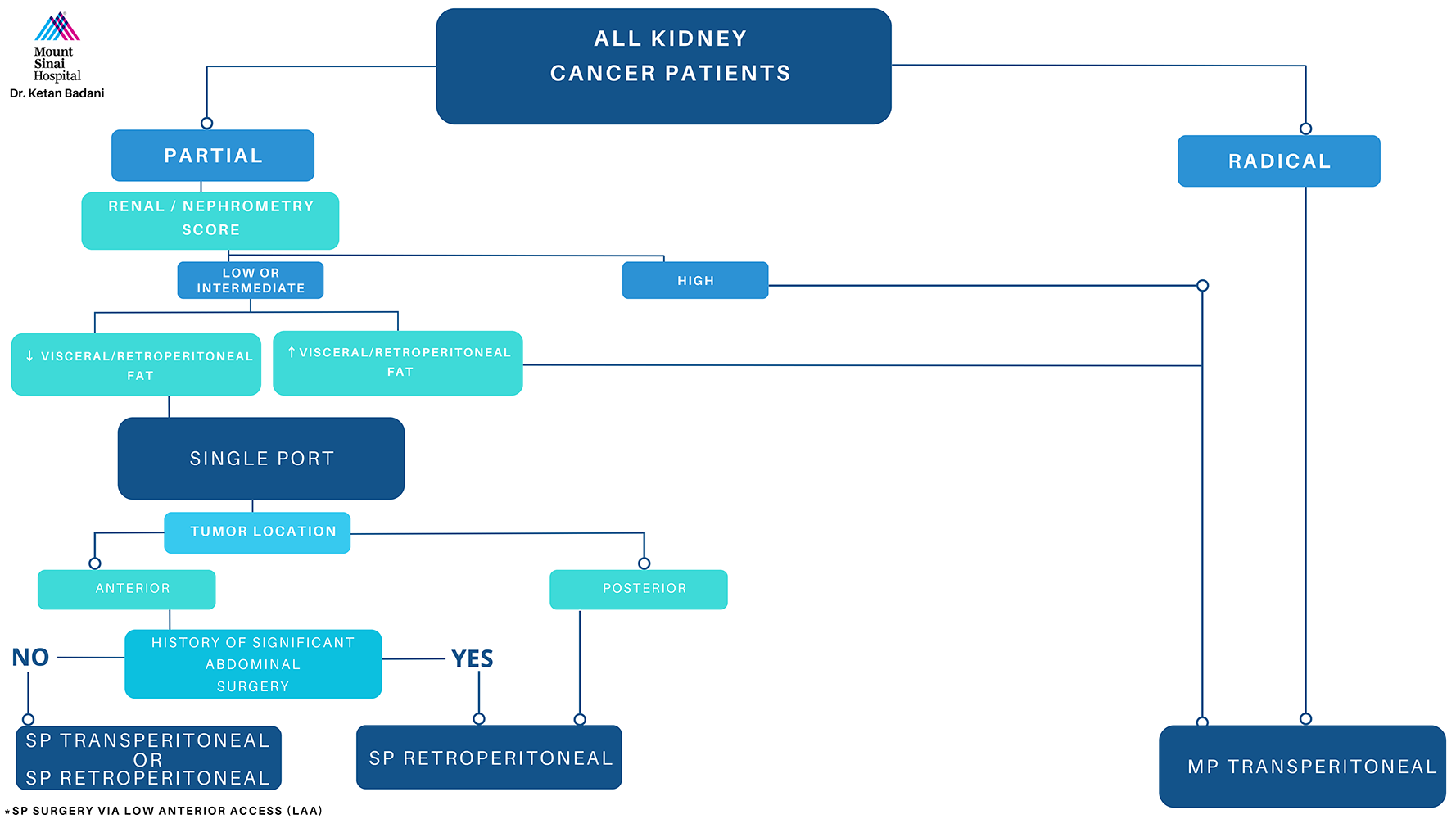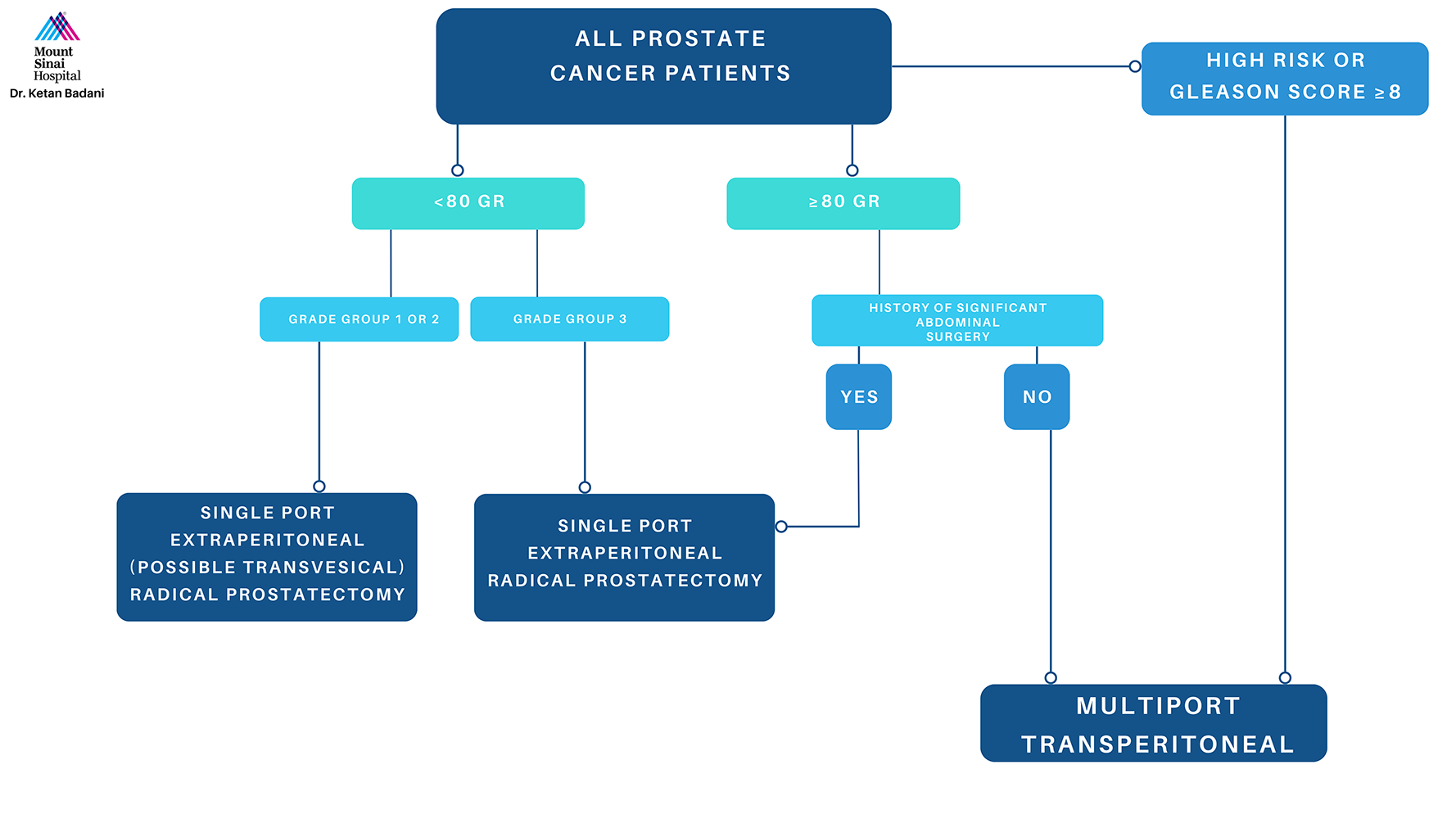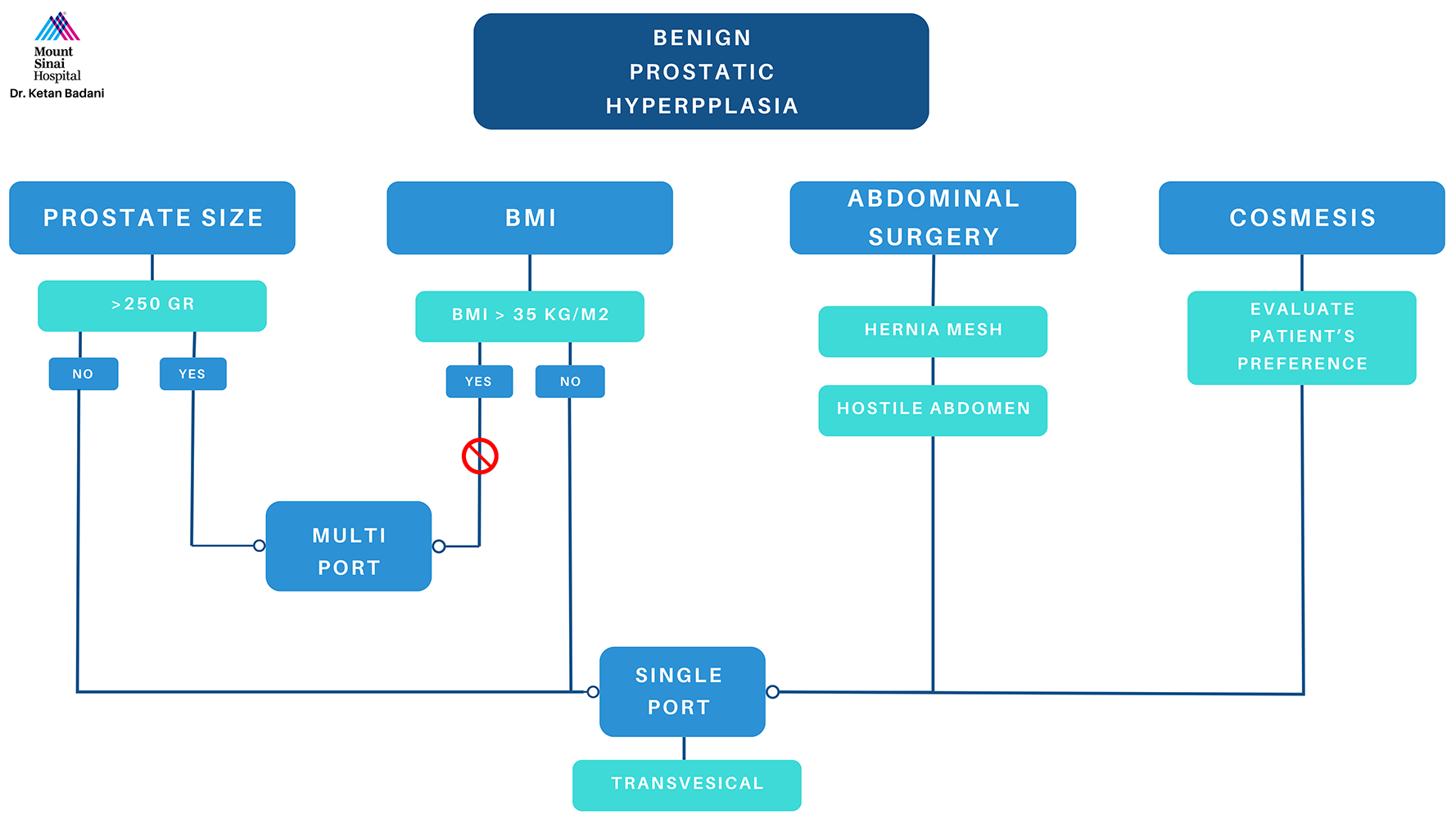EAU Live Surgery: Single-port system, livestreaming from Belgium and an overview
The live and semi-live surgeries, some of the EAU Congress’s pièces de résistance, commenced today and were led by the Session Chair, Prof. Alberto Breda (ES). The Special Session “EAU24 Live Surgery” also featured procedural updates such as the semi-live procedure of the extraperitoneal approach with the single-port system in radical prostatectomy, which was presented by Prof. Ketan Badani (US).
The rationale behind the update
“The single-port system continues on the path of accomplishing the same surgical goals but in an even less invasive approach. We aim to stay in the space of the organ. For example, the extraperitoneal approach is used for the prostate, and the retroperitoneal approach for the kidney. In these cases, single-port surgery is less invasive in terms of accessibility and anatomy. This concept also applies to the transvesical approach for the prostate for benign and malignant diseases,” explained Prof. Badani.
Finding suitable candidates
According to Prof. Badani, this is an exciting era of robotic surgery. He stated, “For the first time in nearly 20 years, we have the luxury of choosing which robotic platform is best for the patient. In the case of single-port and multi-port robotic surgeries, there is an evolving decision algorithm unique for each patient and surgeon.”
Prof. Badani added that he and his team have worked on a decision algorithm for those starting in single-port robotics in Europe. Although there can be wide variation in the selection criteria, these algorithms represent his team’s view of the learning-curve cases which can be used as a template for the early-case selection criteria. The images below show the decision algorithm for partial nephrectomy, radical prostatectomy, and simple prostatectomy.
Changes in patient outcomes and procedural success rates
Prof. Badani refers to the approaches above (i.e., low-anterior access for the kidney and extraperitoneal/transvesical for the prostate) as “alternative-access approaches” which have shown improvement in patient outcomes. “This is not about cosmesis but centred around less-invasive surgery. The same-day discharge rate is significantly higher, but most importantly, the time to normal workload and exercise activities is much quicker for a single port,” said Prof. Badani.
Most patients return to work and the gym 2.5 weeks after surgery. Also, it is important to note that since doing these surgeries in the supine position for both prostate and kidney, the total OR time is reduced.
More live surgeries
The Special Session showcased a myriad of live surgeries such as holmium laser enucleation of the prostate (HoLEP) with dual-pulse technology; mini-endoscopic combined intrarenal surgery (ECIRS) for multiple calyceal stones; photoselective vaporization of the prostate (PVP) with greenlight laser for obstructive BPH; dual implant through a single penoscrotal incision; non-muscle-invasive bladder cancer (NMIBC) treatment with narrow band imaging (NBI) and plasma+; robotic-assisted partial nephrectomy (RAPN) for right-sided cT1a renal cell carcinoma (RCC) with 3D reconstruction; multiport robotic-assisted radical prostatectomy (RARP) for locally advanced PCa; invisible percutaneous nephrolithotomy (PNL), and many more.
Streamed from Belgium
Due to legislative reasons, foreign surgeons, who do not have a clinical practice in France, require special considerations to operate at Parisian institutions. As an alternative, the live surgeries were performed and streamed from the following Belgian hospitals in Ghent, Aalst, and Brussels:
- Ghent University Hospital / UZ Gent
Hospital coordinator: Dr. Thomas Tailly (BE) - Algemeen Ziekenhuis Maria Middelares
Hospital coordinator: Prof. Karel Decaestecker (BE) - Onze-Lieve-Vrouw Hospital
Hospital coordinators: Prof. Alex Mottrie (BE) and Dr. Geert de Naeyer (BE)
- Algemeen Stedelijk Ziekenhuis
Hospital coordinator: Dr. Bernard Rappe (BE) - Erasmus Hospital
Hospital coordinator: Prof. Thierry Roumeguere (BE)
(Re)view presentations via the EAU24 Resource Centre.




